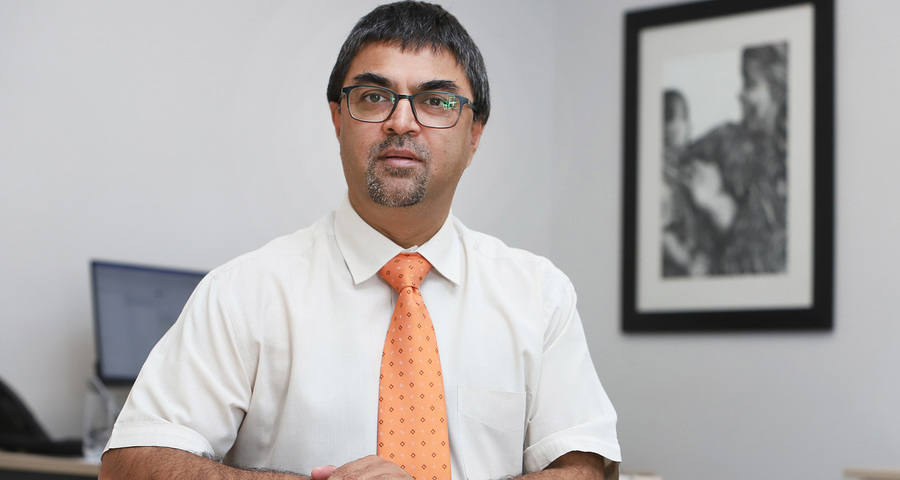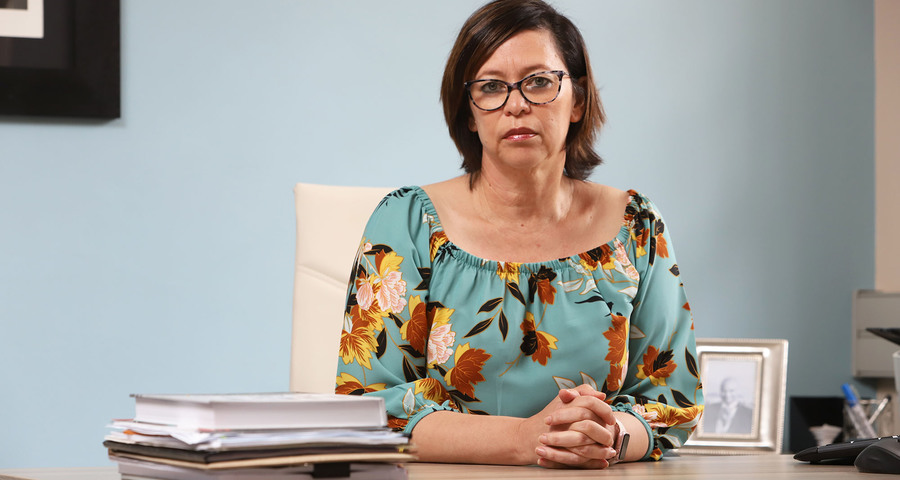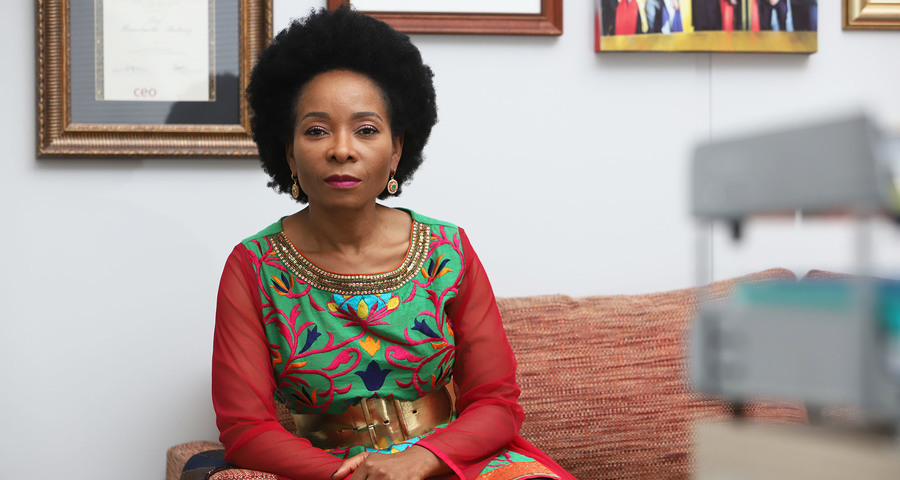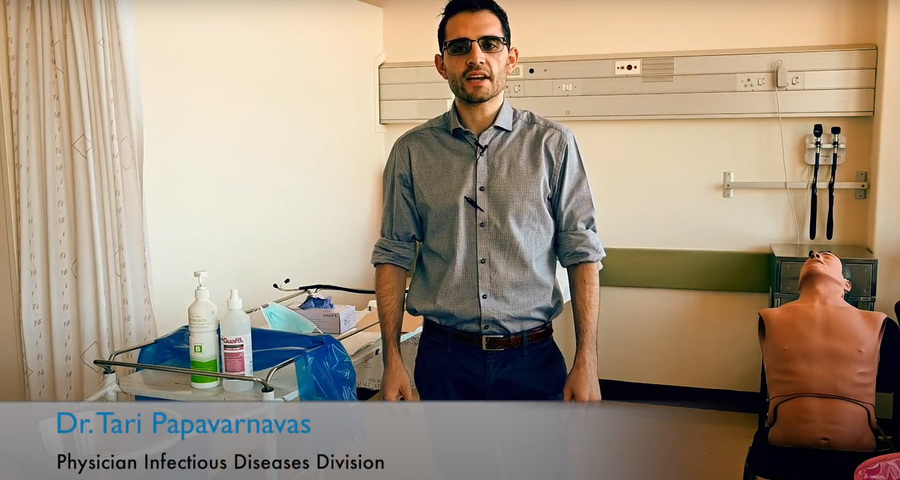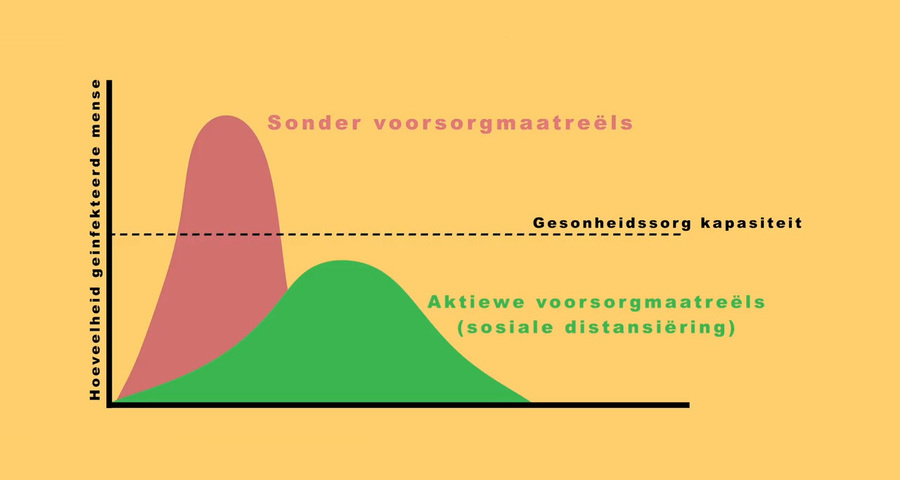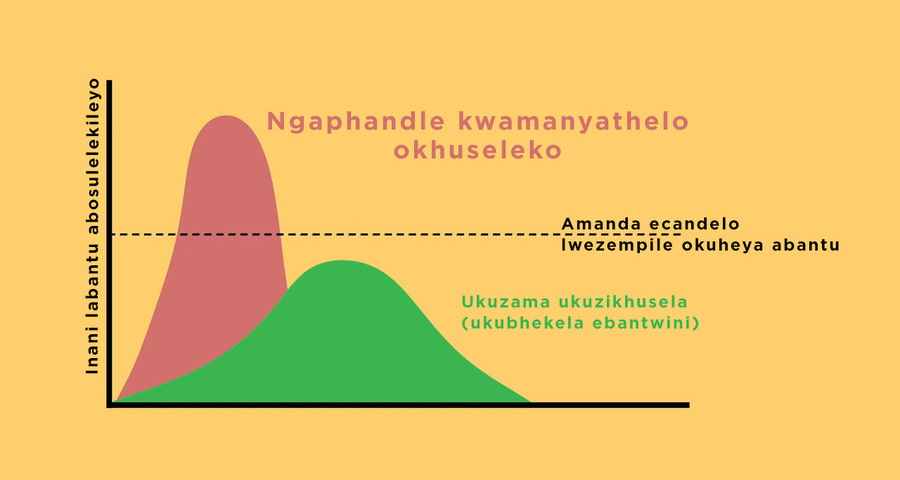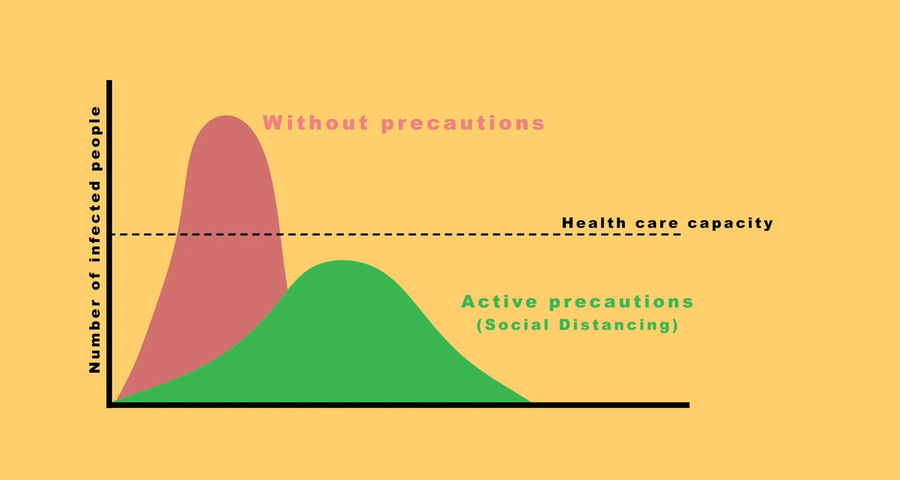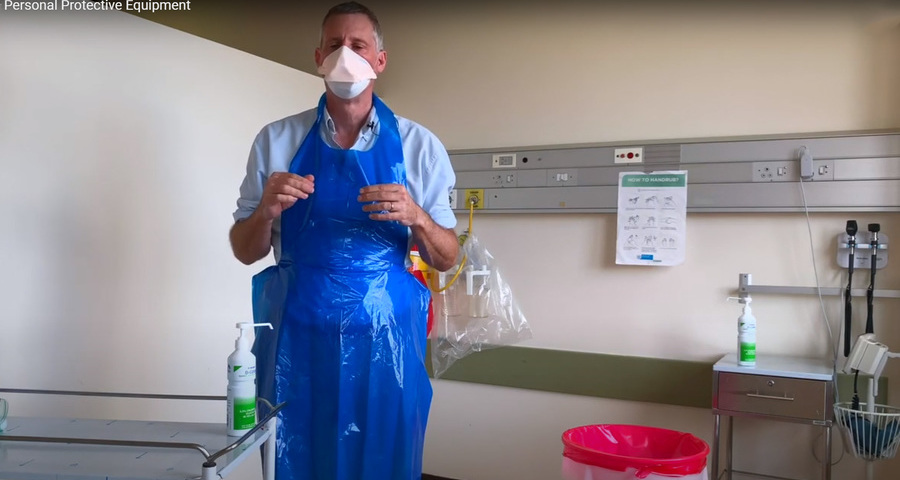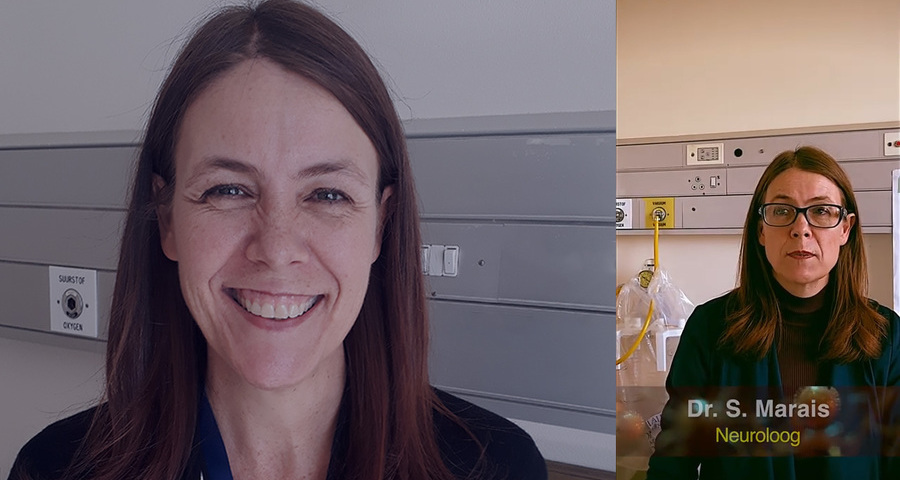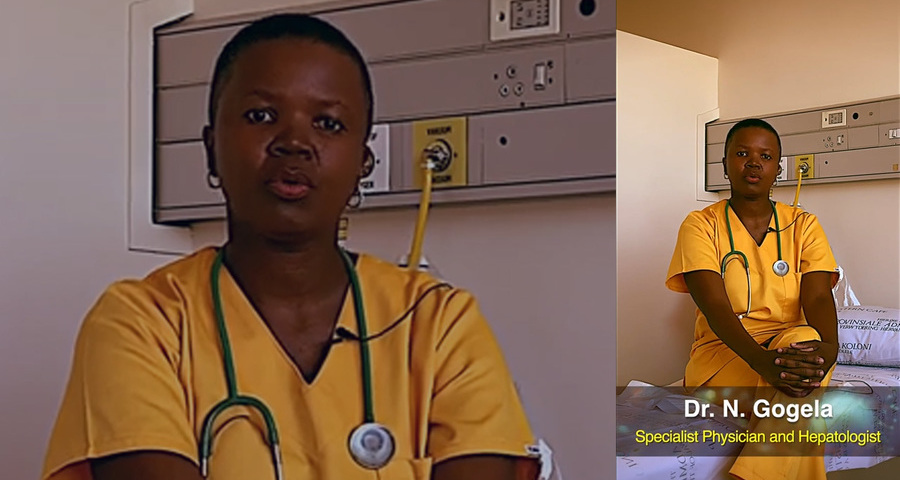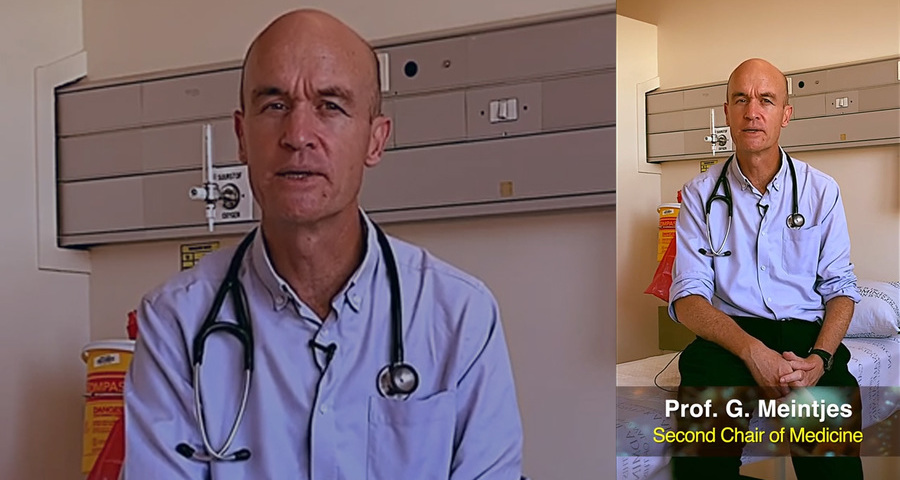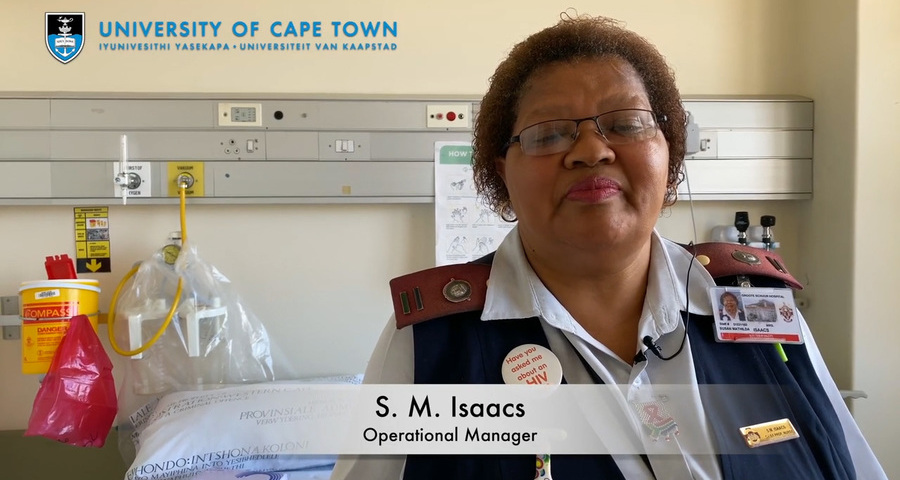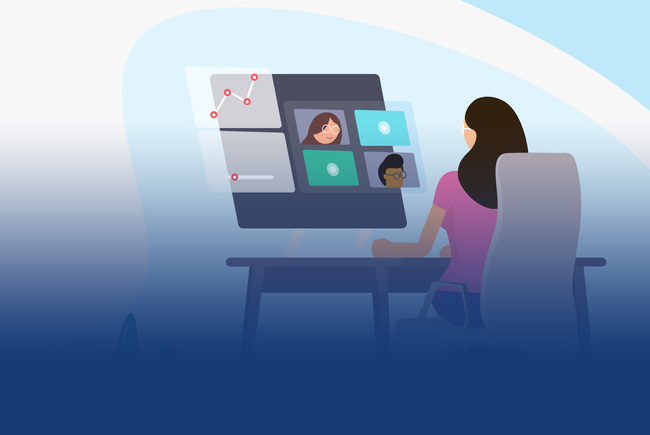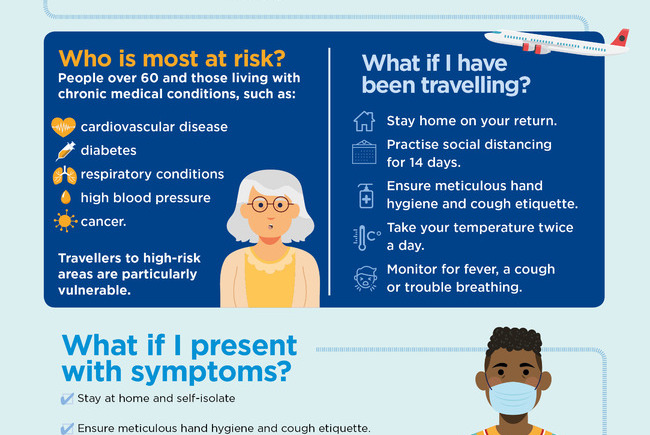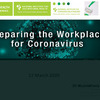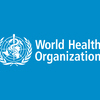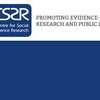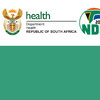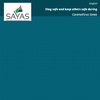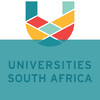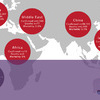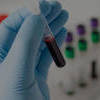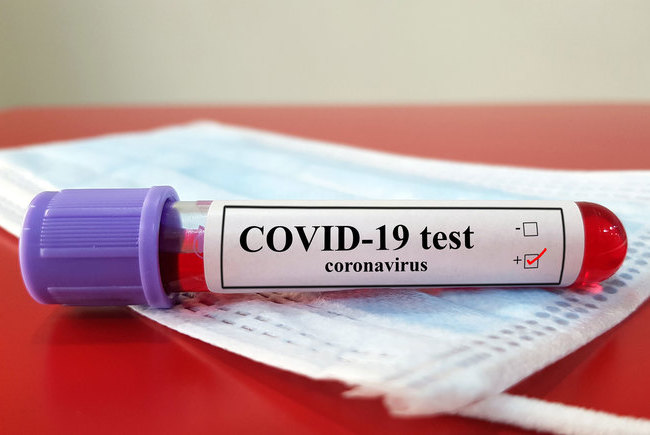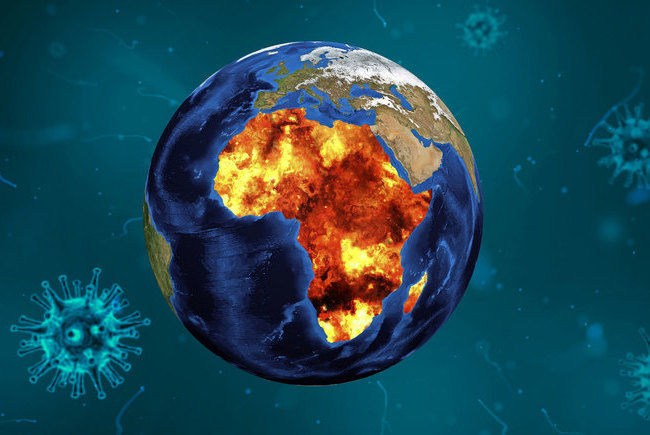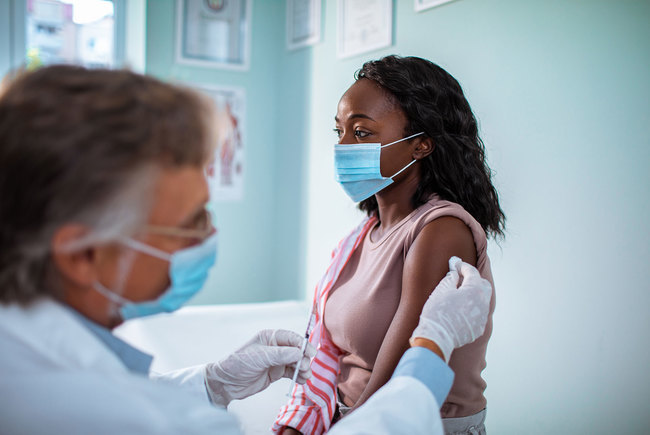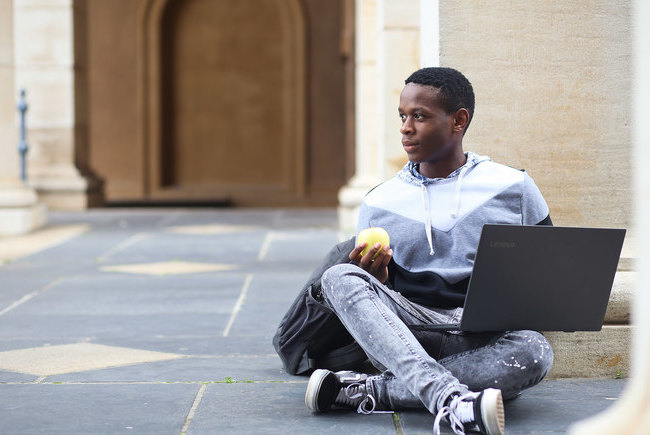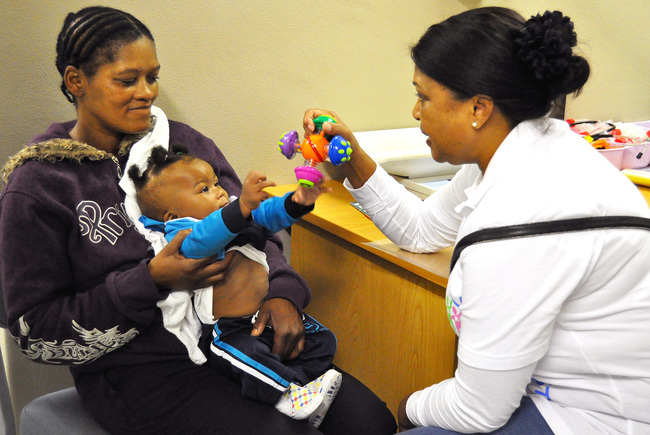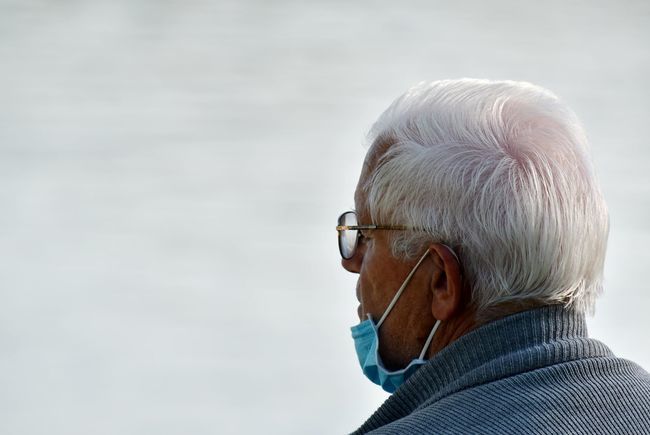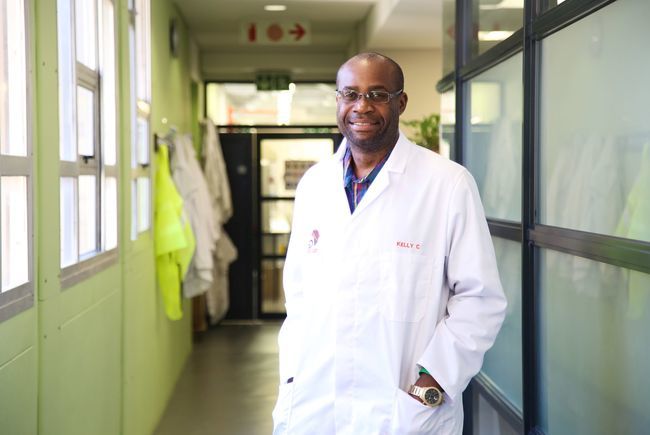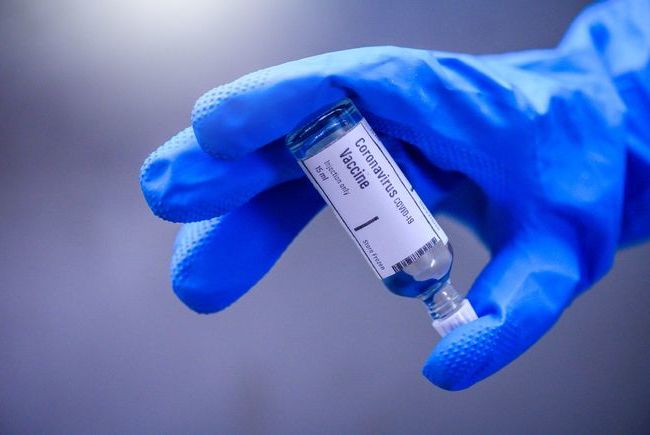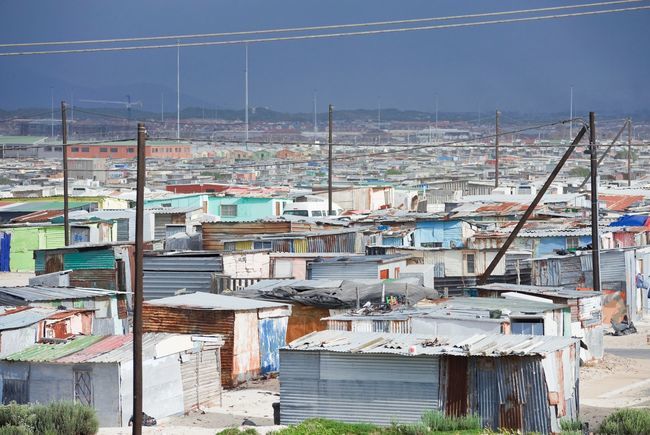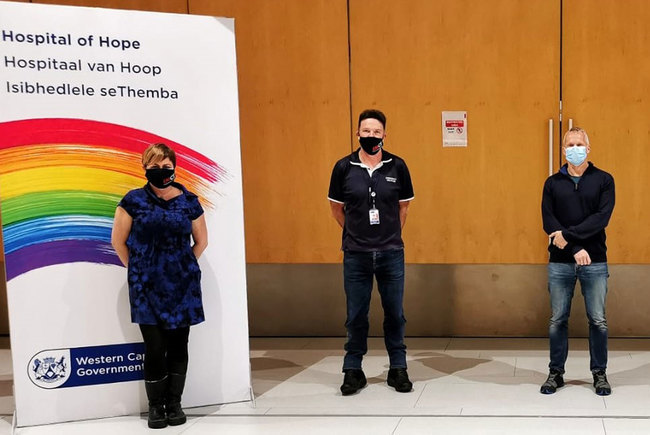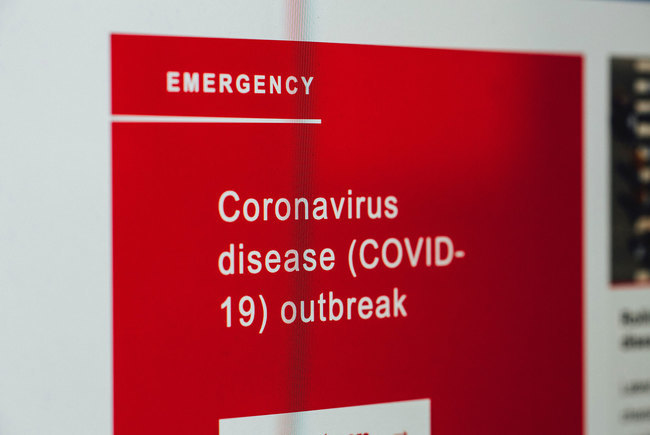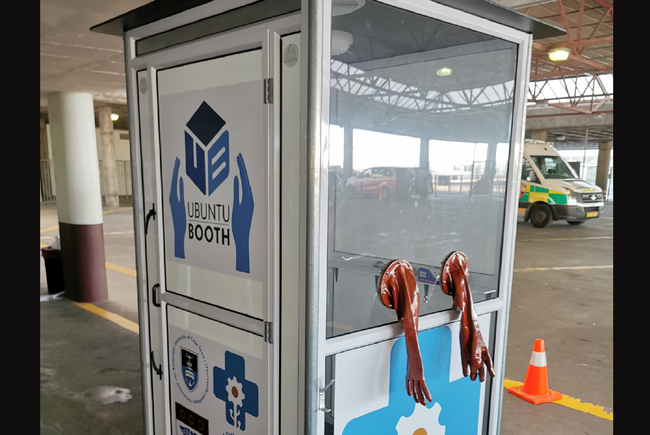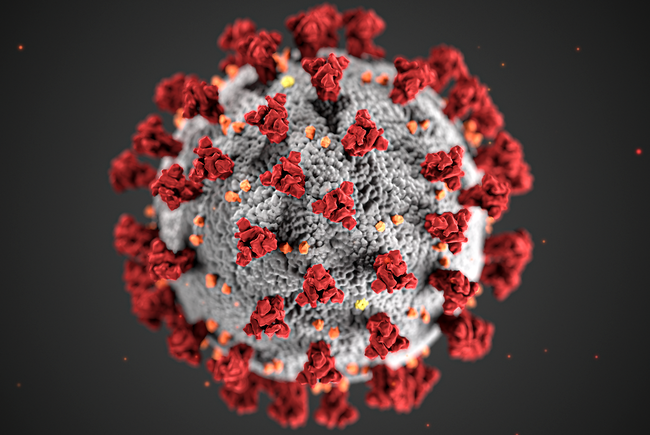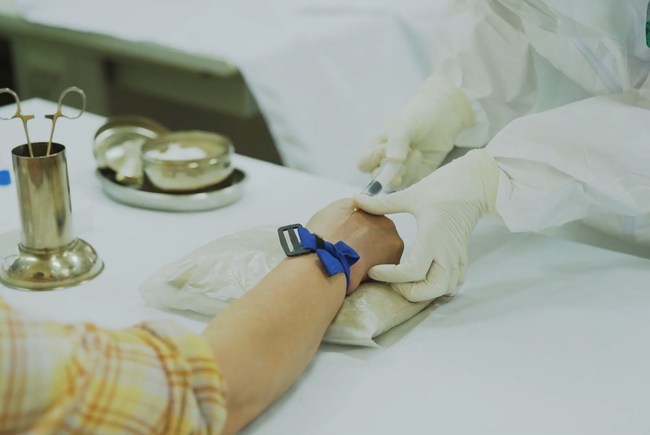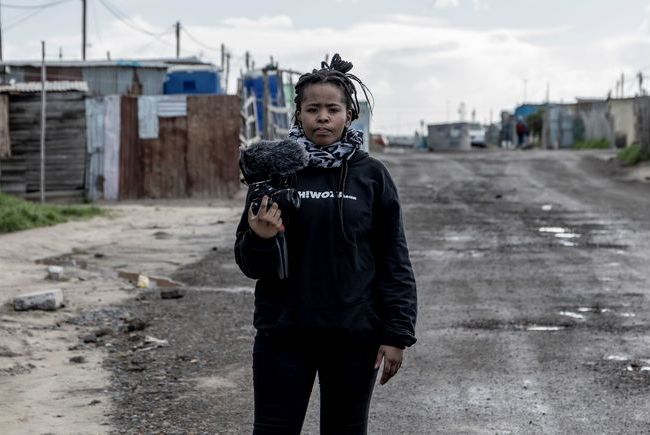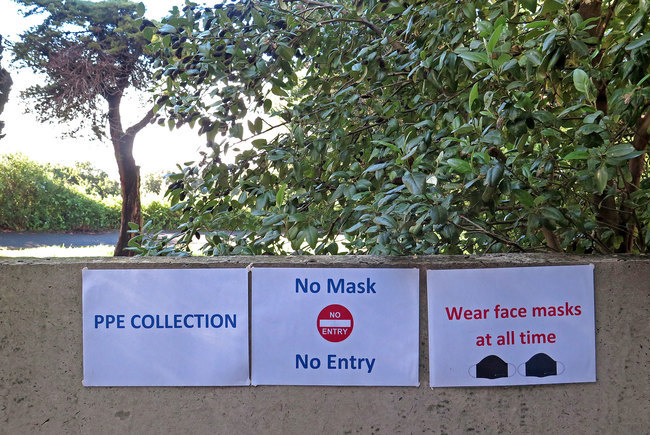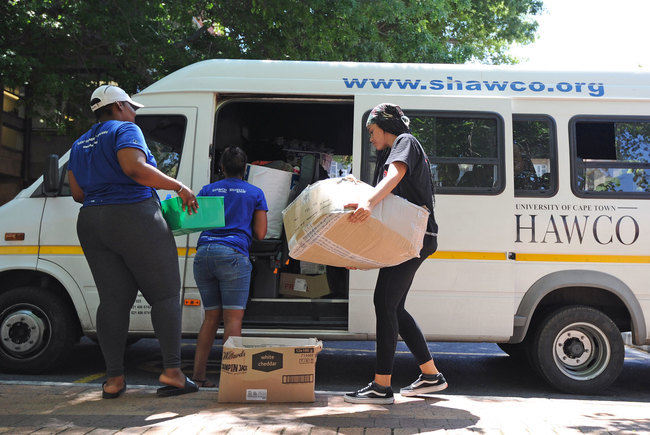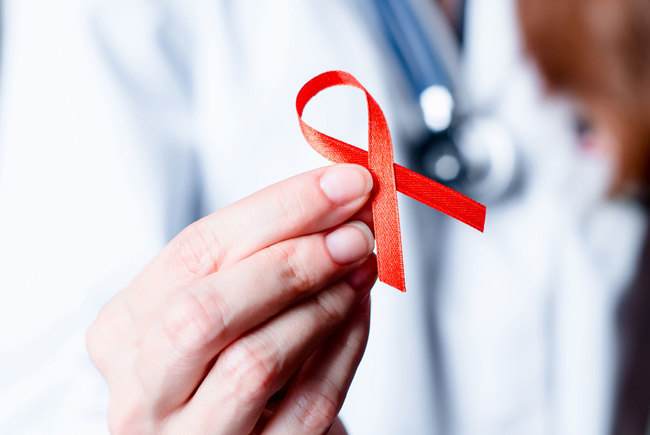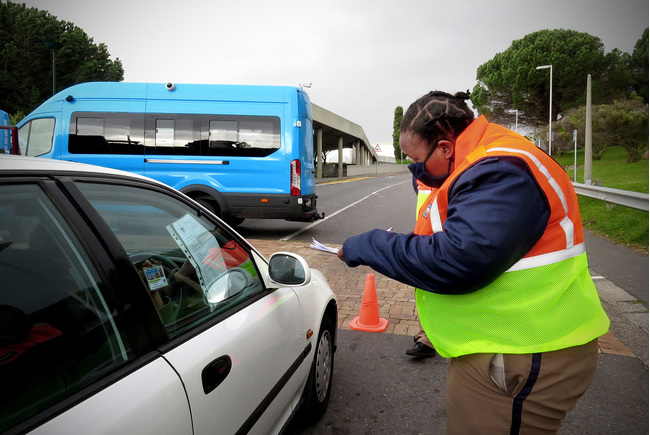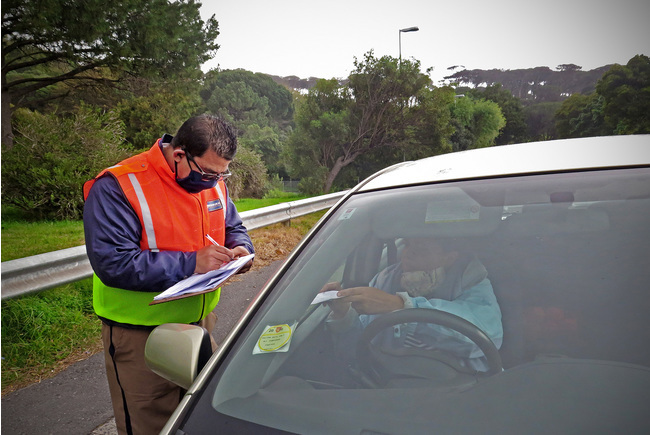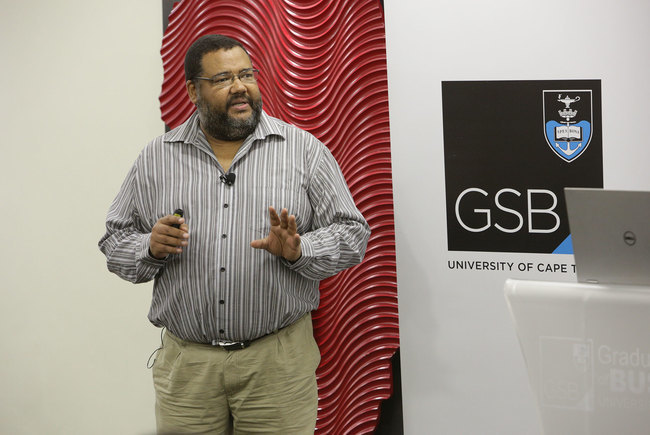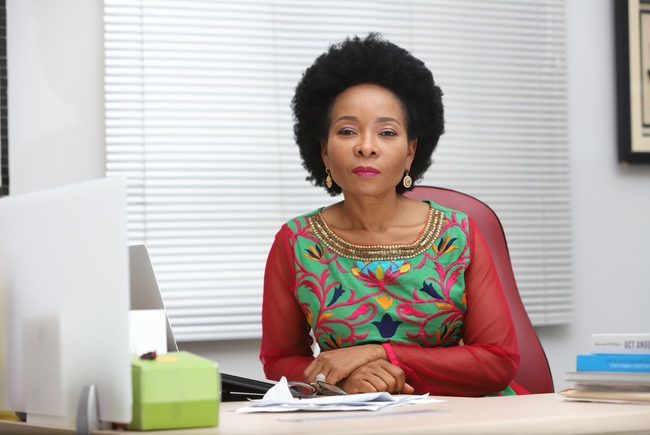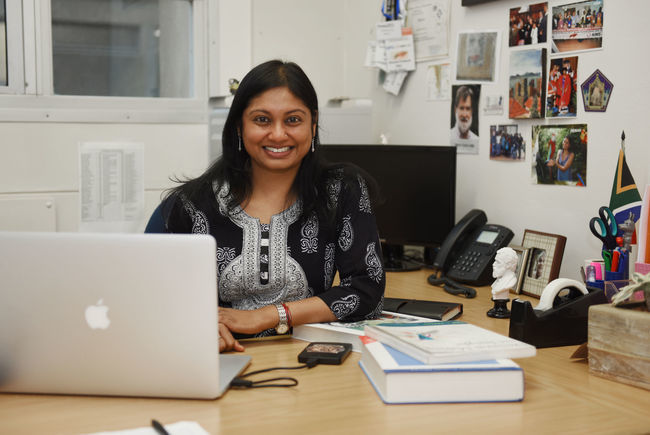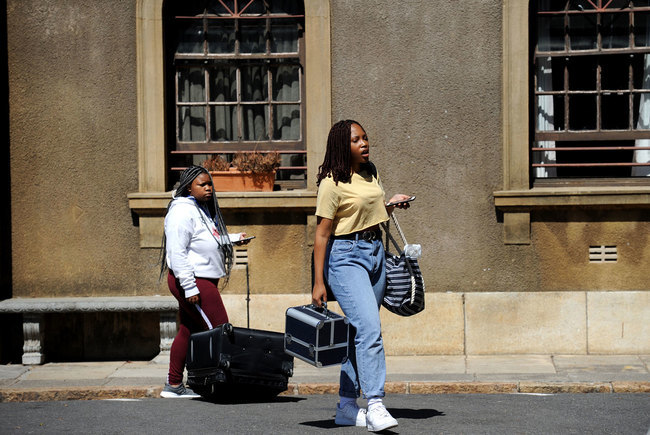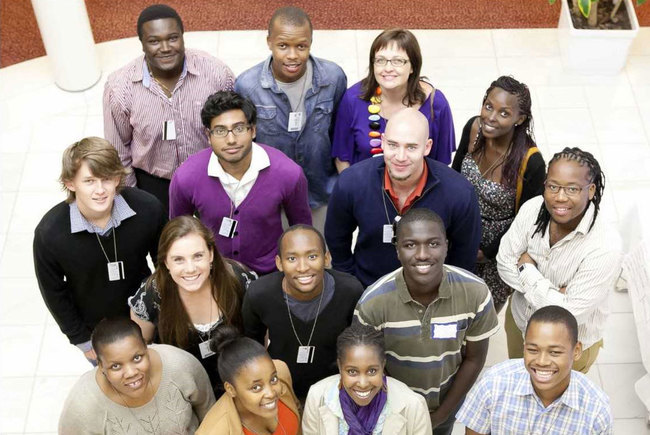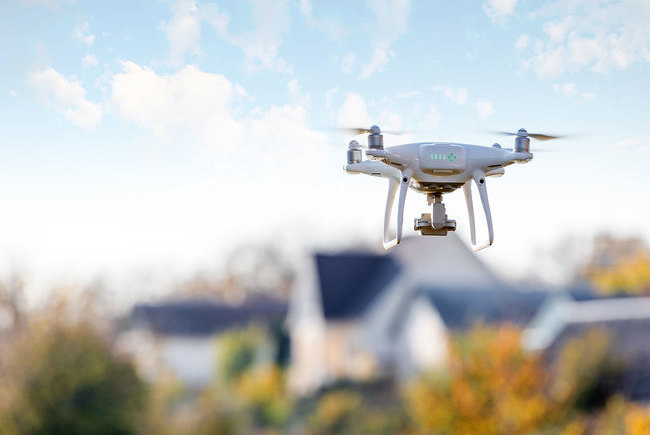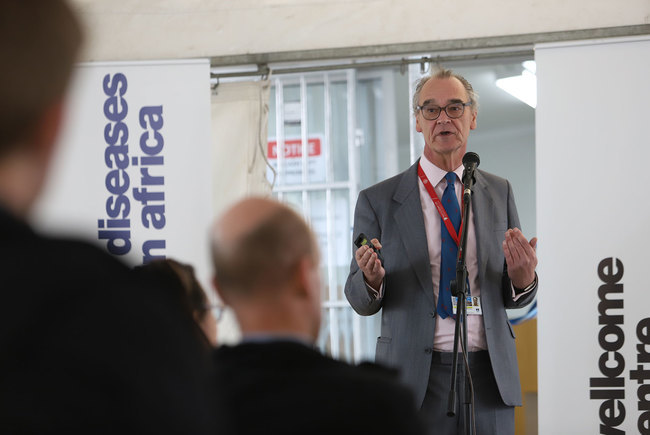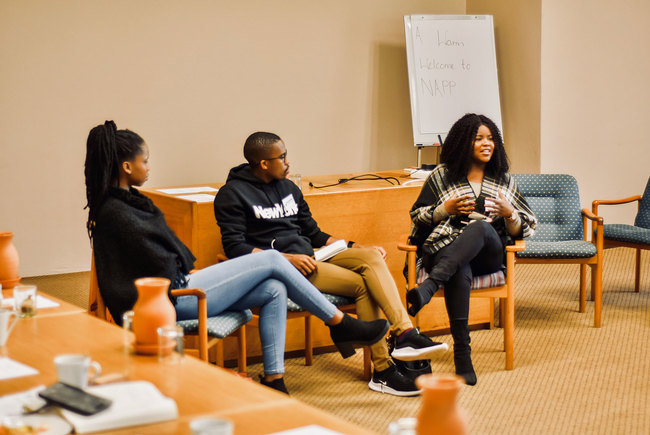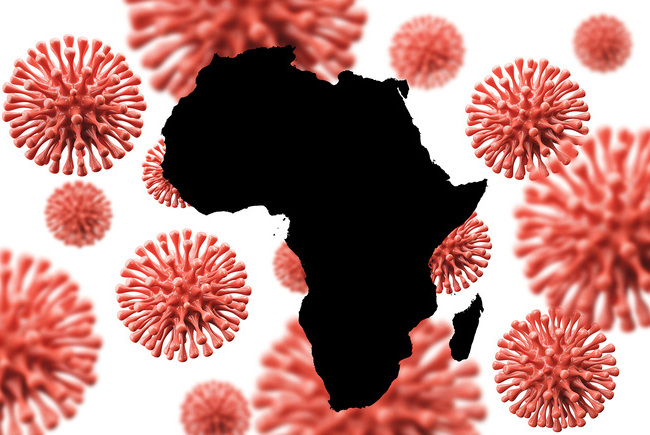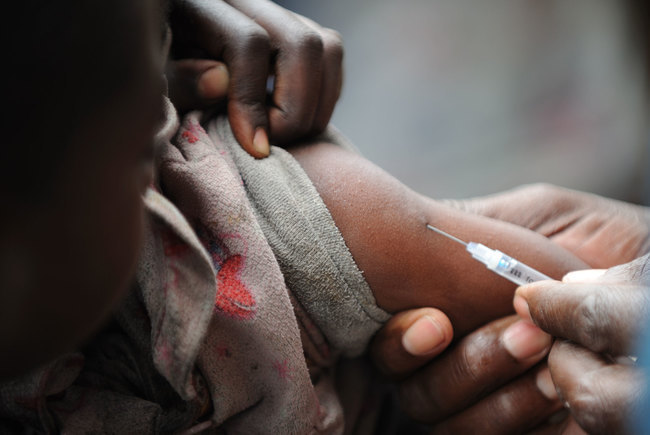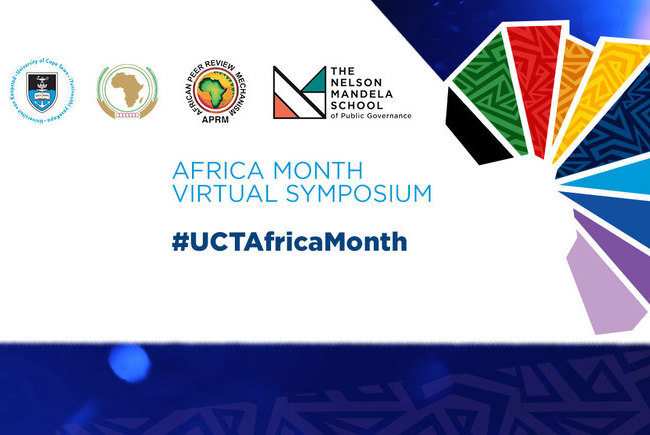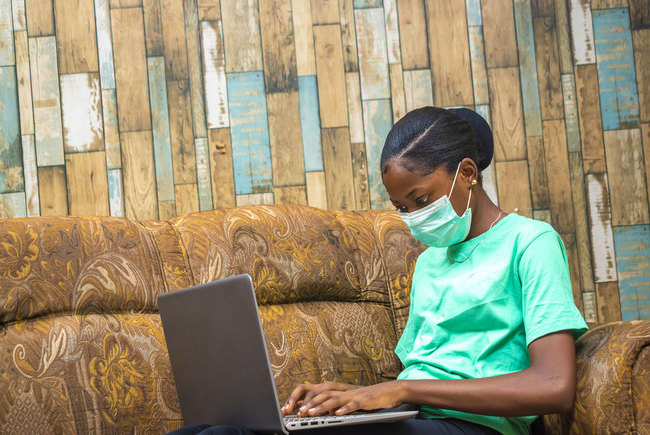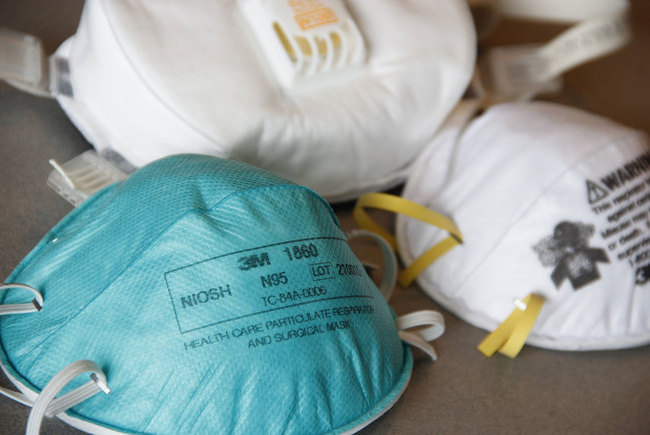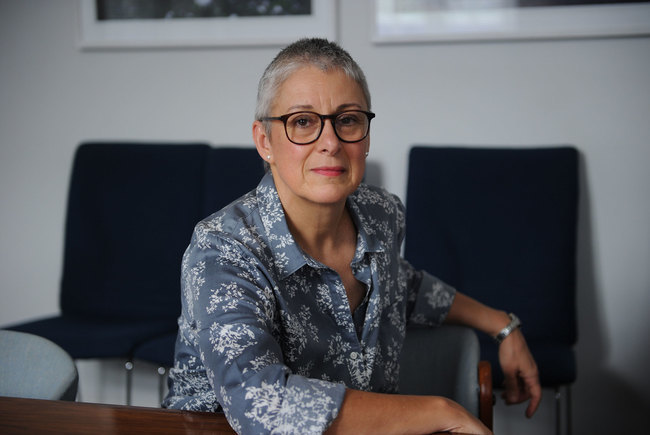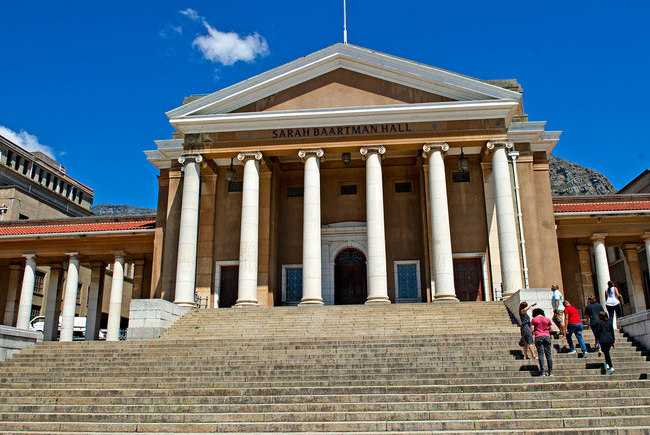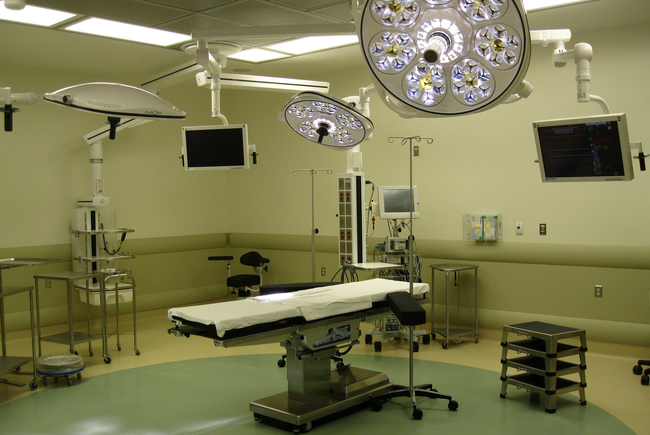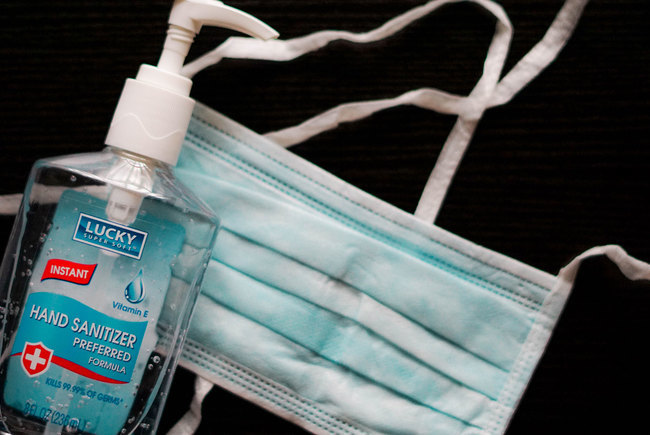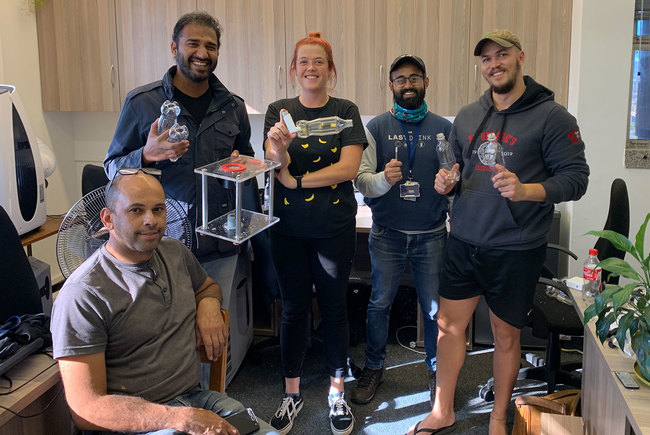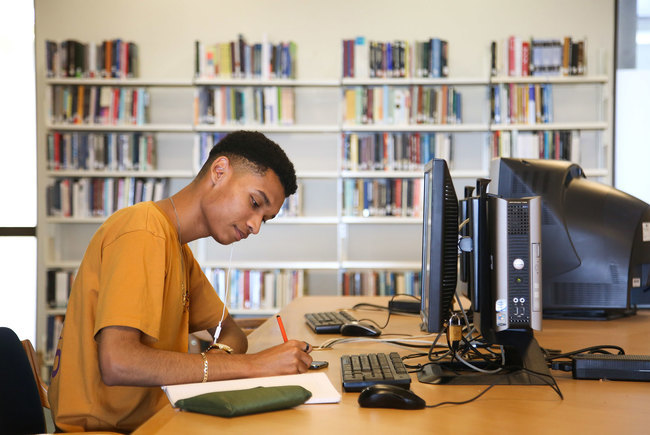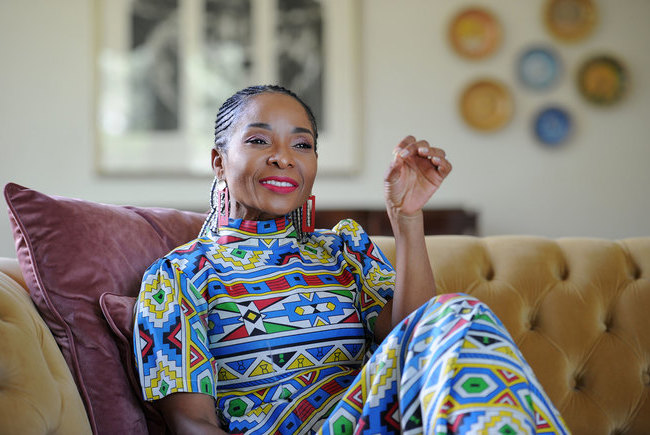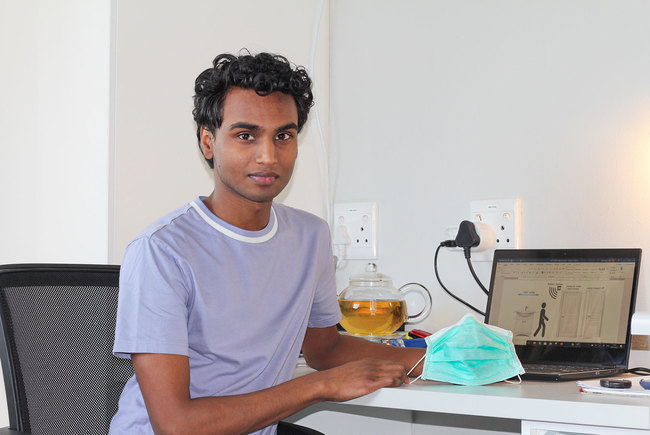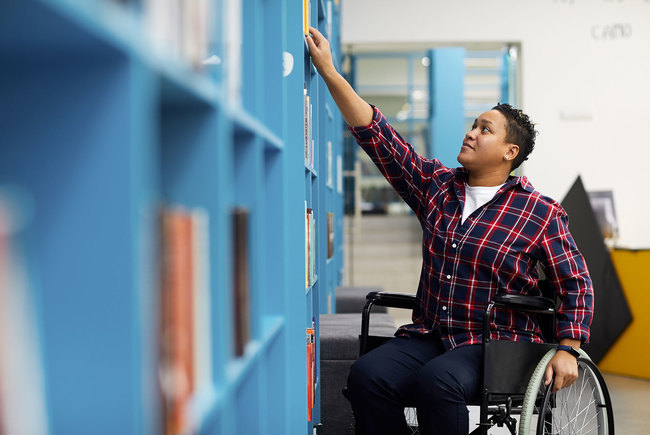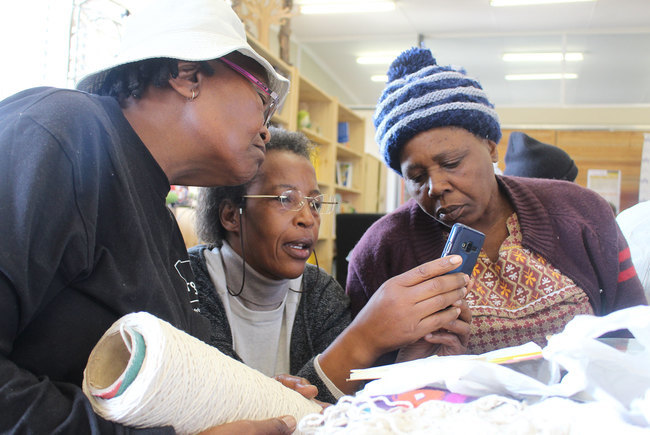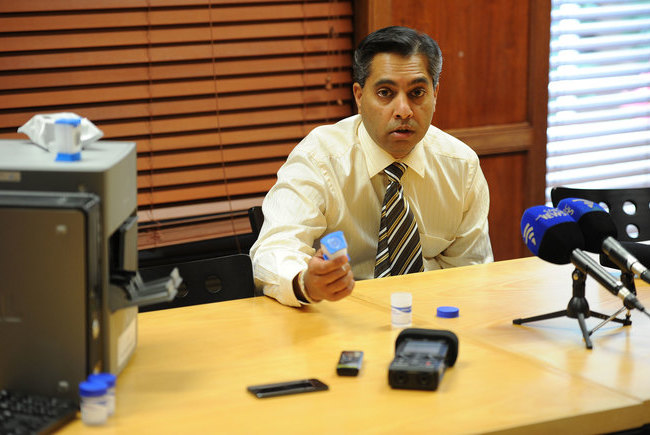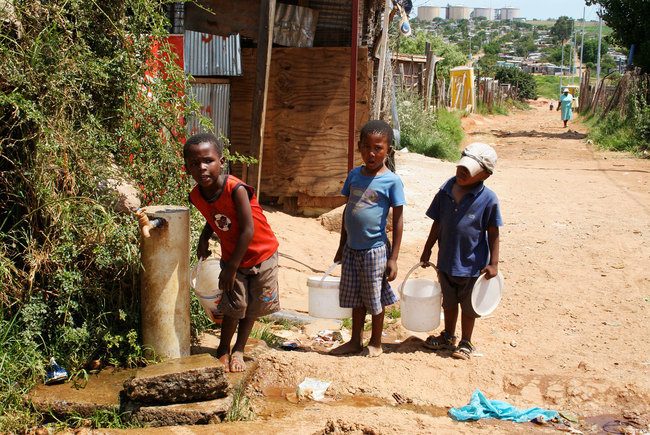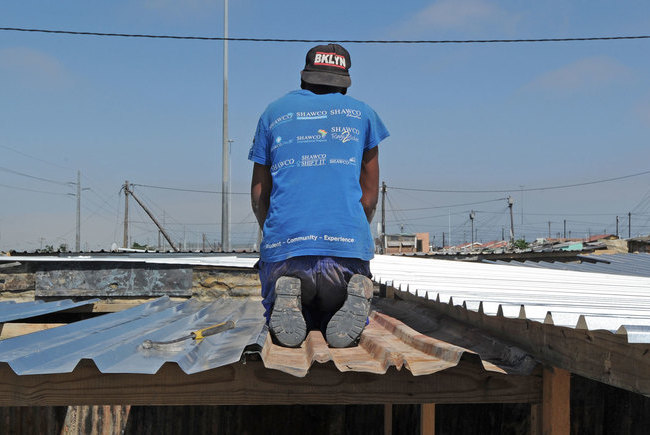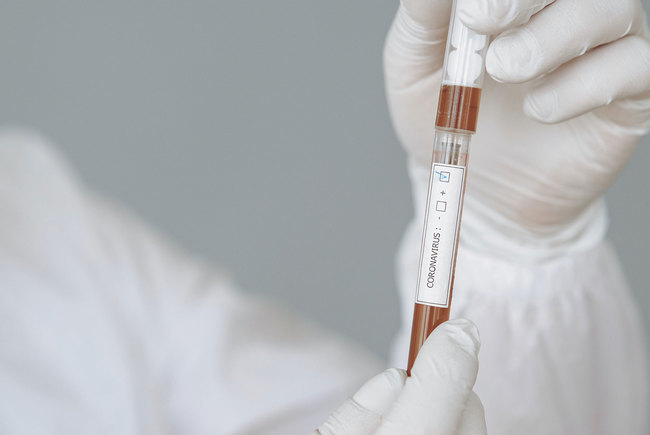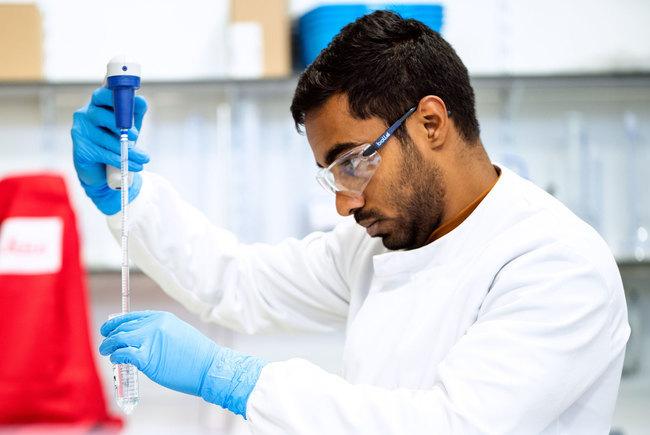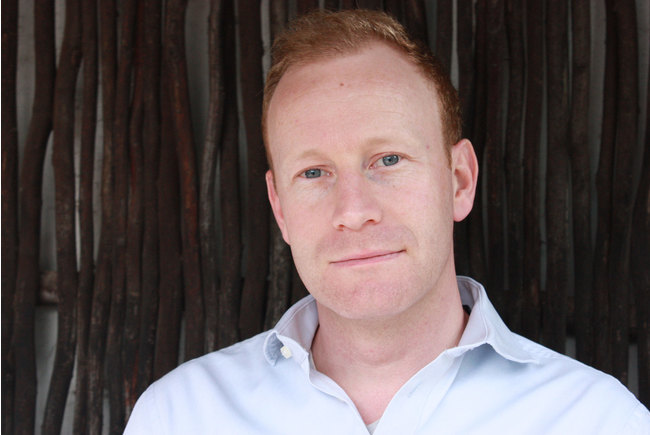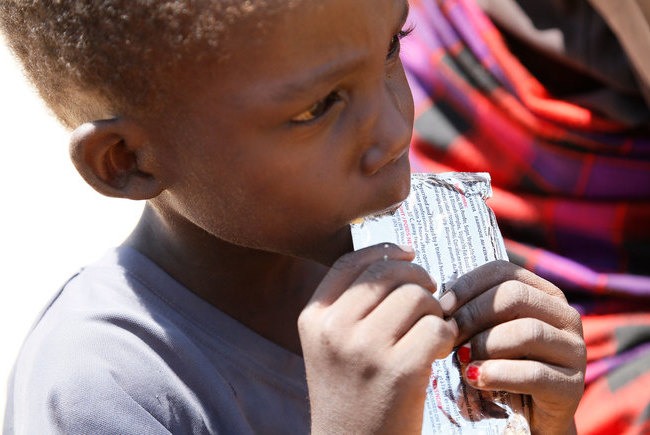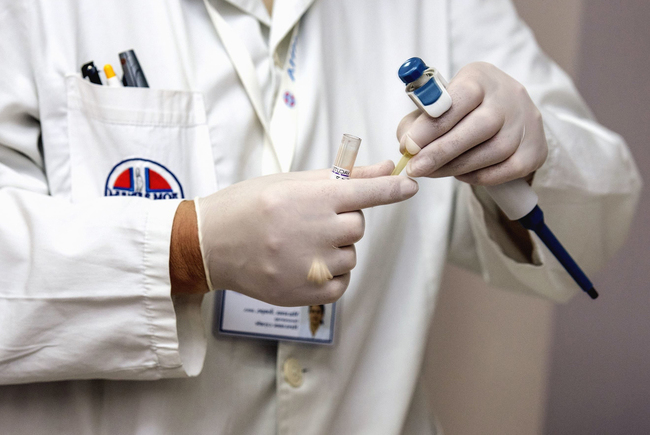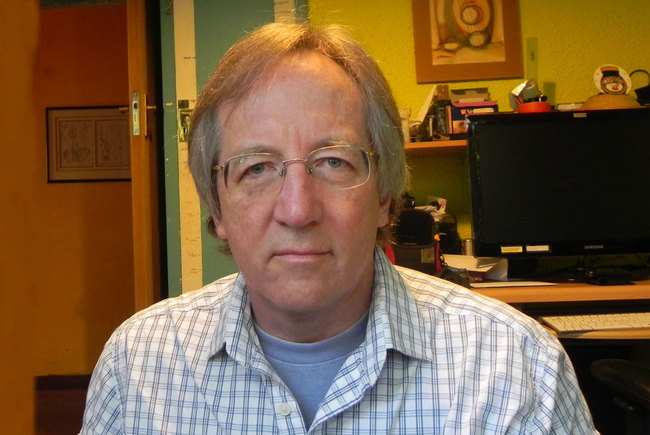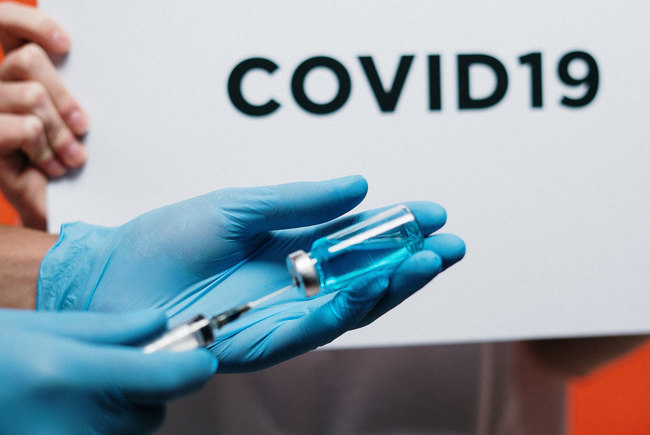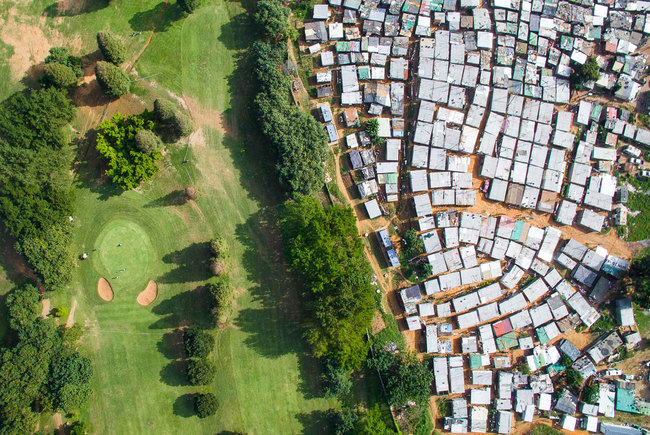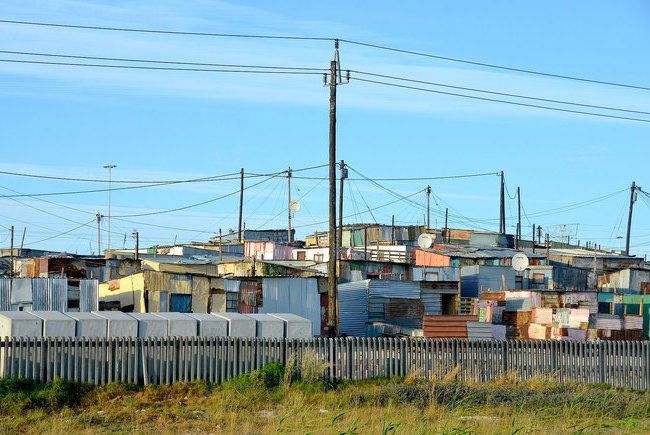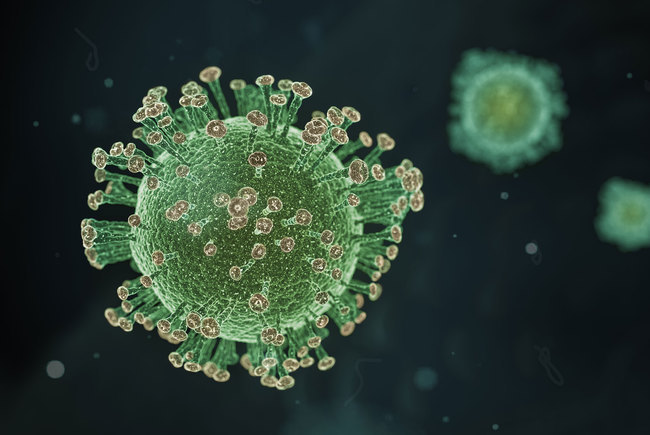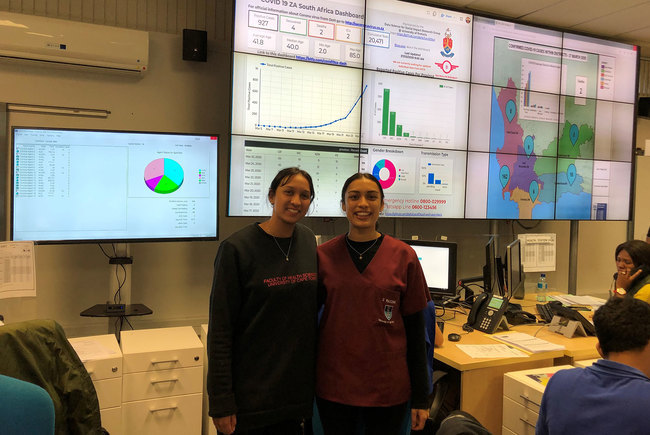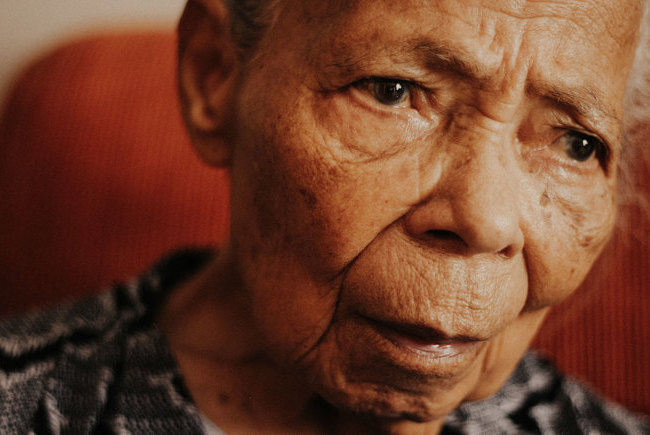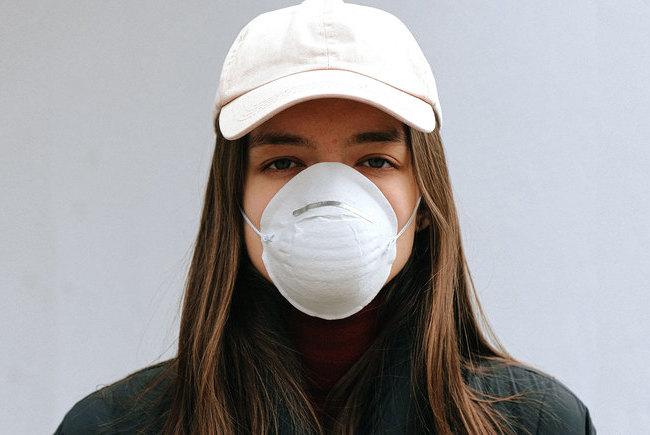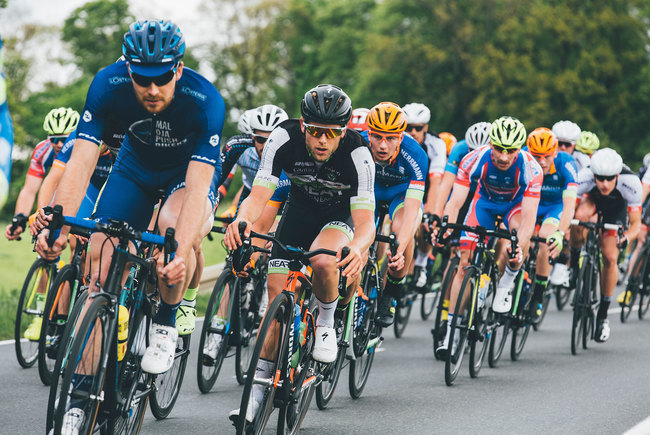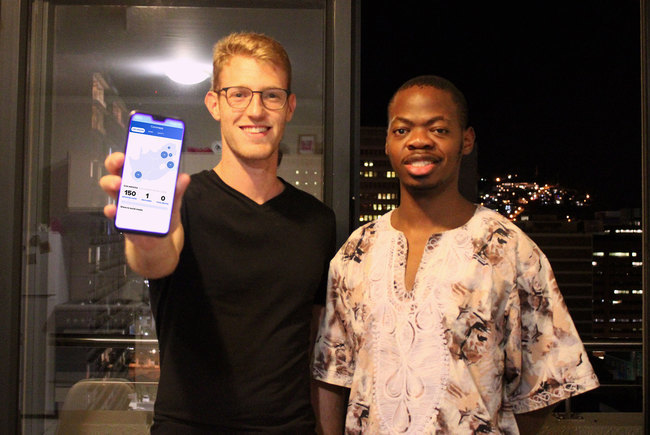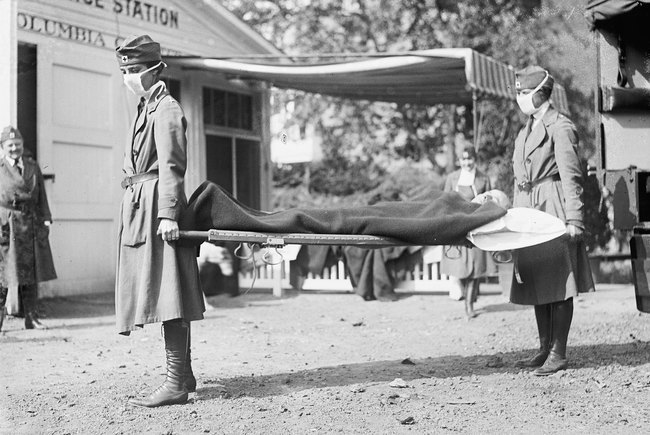Research and postgraduate work during lockdown
01 April 2020 | Professor Sue Harrison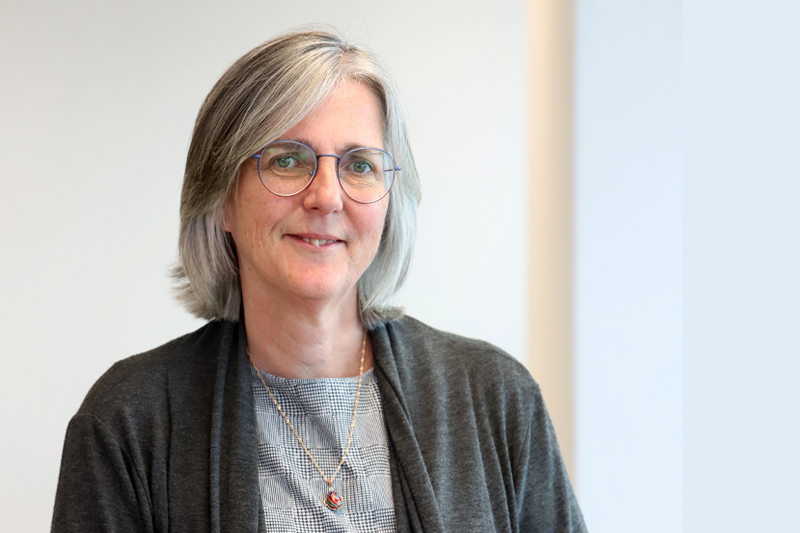
Dear colleagues
I am writing to update you on the impact of COVID-19 on research at the University of Cape Town (UCT) and the steps being taken to address this.
Firstly, I want to confirm that UCT remains as active as possible from a research and postgraduate point of view. However, in line with the national lockdown put in place by government at midnight on Thursday 26 March, to stop the spread of COVID-19, the university has put on hold all research being done on campus – whether in the laboratory, in the studio or in the field. As an institution and as a country, we must keep the virus’s spread to a minimum by obeying the restrictions of the lockdown period – requiring us all to stay at home along with some three billion people globally – and the social distancing that will continue beyond it.
This unique situation raises a number of concerns and uncertainties for the research community; we are keenly aware of these and are working hard to address them.
Postgraduate research
It is important that postgraduate researchers continue with their research remotely wherever possible, working, for instance, on research reviews, data analysis, writing up parts of their theses and working on papers. Supervisors are encouraged to work closely with their postgraduates by using the many remote tools we have available to provide them with good support.
Access to both laptops and data is a challenge for many of our postgraduates. There is currently work being done at a national level with telecommunication companies to get students and postgraduates access to South African-hosted websites, including all educational sites, for as long as they are unable to work on campus. However, this is still a work in progress. It is unlikely to provide our researchers with the facilities needed for data-intensive research, for which a different plan will have to be made. We encourage you to use UCT’s virtual private network (VPN) where possible to access and operate systems on campus, all of which are running. Data transfer can then be managed in the normal way using the underlying systems via the access granted by the VPN.
There is also a plan in place to distribute laptops to students in need. Due to the challenges of acquisition and distribution, this will be to a limited group of students in the first instance. The criteria for this and how it will take place is discussed in the DVC Desk going out later today from all three deputy vice-chancellors – Research and Internationalisation, Transformation, and Teaching and Learning. Please do complete the survey it refers to, which will enable us to understand the overall status of your connectivity. The survey will help us prioritise and allocate laptops according to greatest need.
We recognise that the challenges created by the COVID-19 pandemic provide great uncertainty and anxiety for postgraduate researchers who are unable to proceed with aspects of their projects for the moment and have time-limited funding. UCT is engaging with the National Research Foundation and other funding bodies around this issue – often at a sectoral level through Universities South Africa (USAf) – and we will keep you updated as we have more information. In the meantime, be assured that millions of students, not only in South Africa but around the world, are in the same situation and solutions will be found. We encourage you to continue with those aspects of your research that can be done remotely, provided your circumstances allow this, even where you need to change the preferred order of the work.
The Postgraduate Funding Office is working hard – albeit remotely – to ensure that postgraduate bursaries and scholarships continue to be paid and applications for new and renewed funding are processed throughout the lockdown.
Postdoctoral research fellows
This is both an anxious and frustrating time for postdoctoral research fellows who have to put laboratory-, studio- or fieldwork-based research on hold. I encourage you to use this time as productively as possible: pull together research reviews and draft papers on research to date, build your curriculum vitae and apply for grants, and support your research teams where relevant by assisting postgraduates that you co-supervise.
Soft-funded researchers
We are also aware of the anxiety felt by those researchers whose posts are funded by external funding bodies, as many of their research projects are paused. Again, you are not alone: USAf is engaging with national funding bodies at a sectoral level, and UCT has been engaging with our specific funders, both nationally and internationally, around project deadlines and other details to do what we can to secure your research funding.
Research contracts
I would like to draw the attention of Principal Investigators to an email from Research, Contracts & Innovation (RC&I) distributed last week. The email requested information about research contracts in your research groups and the likelihood of delay, particularly where these are laboratory, studio or fieldwork based and fund our researchers’ salaries and stipends directly. For UCT to be able to plan adequately for our research enterprise, and particularly those staff at UCT dependent on research contract income, we need to have the necessary information. I therefore implore Principal Investigators to please respond to that email as soon as you can.
Research around COVID-19 and research support
UCT is undertaking some innovative COVID-19 research that we hope will help end this pandemic. This centers on epidemiology studies, drug trials, clinical research, diagnostics, vaccine development, reagents, devices, personal protective equipment and beyond. It is essential that COVID-19-focused studies align with the need for benefit to outweigh risk, as assessed through appropriate regulatory processes and in alignment with the lockdown regulations.
Business unusual and staying updated
This is a time of great uncertainty, but we are fortunate to have advanced communications and networking technology available, so much of our work can continue uninterrupted. The Research Office, Postgraduate Funding Office and RC&I are working remotely to provide all the usual support for researchers. Staff can be reached through email and other digital technologies.
Please also look out for more detailed FAQs on the impact of COVID-19 on all aspects of research, which will be distributed through the Research Announcement and the Postgraduate Studies Announcement later this week. These FAQs will be regularly updated.
To stay informed on more general updates, please regularly visit the UCT Coronavirus Disease 2019 web page, which is being updated daily.
It is critical that, despite the challenges, our researchers and postgraduates continue in a research-active manner, once they are settled into the new environment under lockdown. We hope that the different space created by these 21 days might be a time to give us new insights that may enhance our research.
I wish all of you and your loved ones well.
Warm regards
Professor Sue Harrison
Deputy Vice-Chancellor: Research and Internationalisation
Read previous communications:
 This work is licensed under a Creative Commons Attribution-NoDerivatives 4.0 International License.
This work is licensed under a Creative Commons Attribution-NoDerivatives 4.0 International License.
Please view the republishing articles page for more information.
Coronavirus Disease 2019 updates
COVID-19 is a global pandemic that caused President Cyril Ramaphosa to declare a national disaster in South Africa on 15 March 2020 and to implement a national lockdown from 26 March.
UCT is taking the threat of infection in our university community extremely seriously, and this page will be updated regularly with the latest COVID-19 information. Please note that the information on this page is subject to change depending on current lockdown regulations.
Frequently asked questions
Daily updates
Campus communications
2020
Resources
Video messages from the Department of Medicine
Getting credible, evidence-based, accessible information and recommendations relating to COVID-19
The Department of Medicine at the University of Cape Town and Groote Schuur Hospital, are producing educational video material for use on digital platforms and in multiple languages. The information contained in these videos is authenticated and endorsed by the team of experts based in the Department of Medicine. Many of the recommendations are based on current best evidence and are aligned to provincial, national and international guidelines. For more information on UCT’s Department of Medicine, please visit the website.
To watch more videos like these, visit the Department of Medicine’s YouTube channel.
Useful information from UCT
External resources
News and opinions
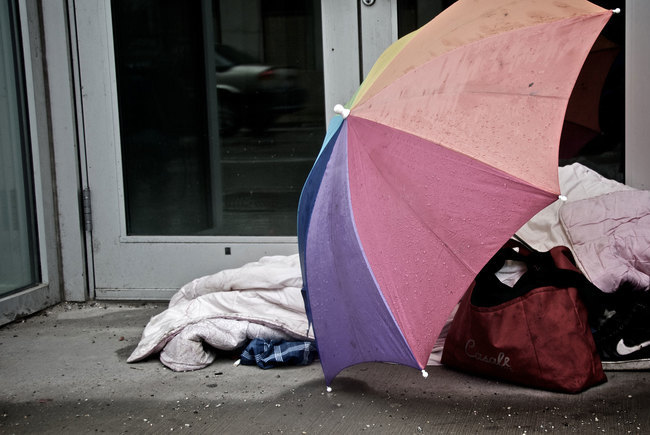
As the COVID-19 crisis drags on and evolves, civil society groups are responding to growing and diversifying needs – just when access to resources is becoming more insecure, writes UCT’s Prof Ralph Hamann.
03 Jul 2020 - 6 min read Republished
The Covid-19 crisis has reinforced the global consequences of fragmented, inadequate and inequitable healthcare systems and the damage caused by hesitant and poorly communicated responses.
24 Jun 2020 - >10 min read Opinion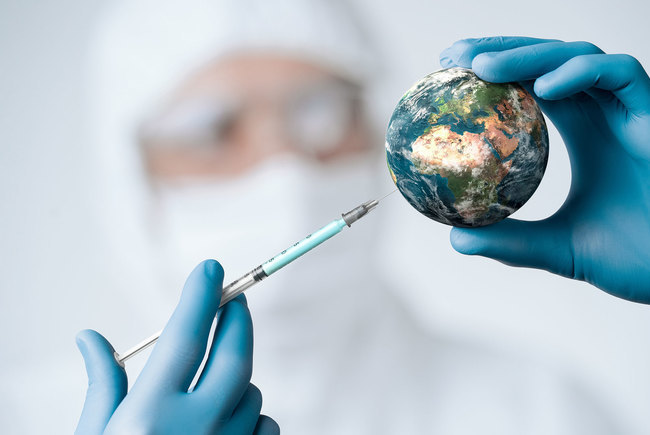
Our scientists must not practise in isolation, but be encouraged to be creative and increase our knowledge of the needs of developing economies, write Professor Mamokgethi Phakeng, vice-chancellor of UCT, and Professor Thokozani Majozi from the University of the Witwatersrand.
09 Jun 2020 - 6 min read Republished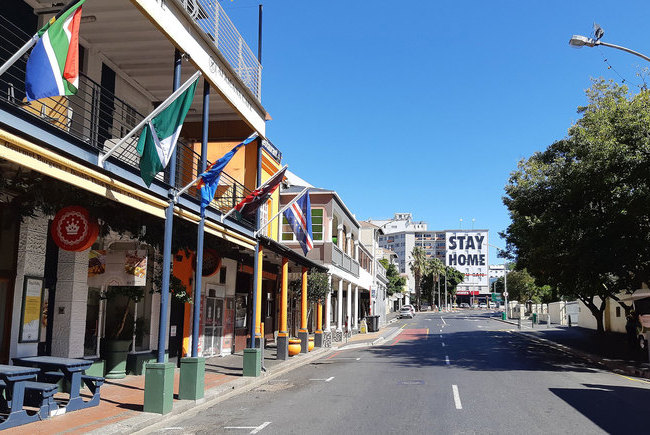
South Africa has been recognised globally for its success in flattening the curve, which came as a result of President Ramaphosa responding quickly to the crisis, writes Prof Alan Hirsch.
28 Apr 2020 - 6 min read RepublishedStatements and media releases
Media releases
Read more
Statements from Government
In an email to the UCT community, Vice-Chancellor Professor Mamokgethi Phakeng said:
“COVID-19, caused by the virus SARS-CoV-2, is a rapidly changing epidemic. [...] Information [...] will be updated as and when new information becomes available.”
We are continuing to monitor the situation and we will be updating the UCT community regularly – as and when there are further updates. If you are concerned or need more information, students can contact the Student Wellness Service on 021 650 5620 or 021 650 1271 (after hours), while staff can contact 021 650 5685.












